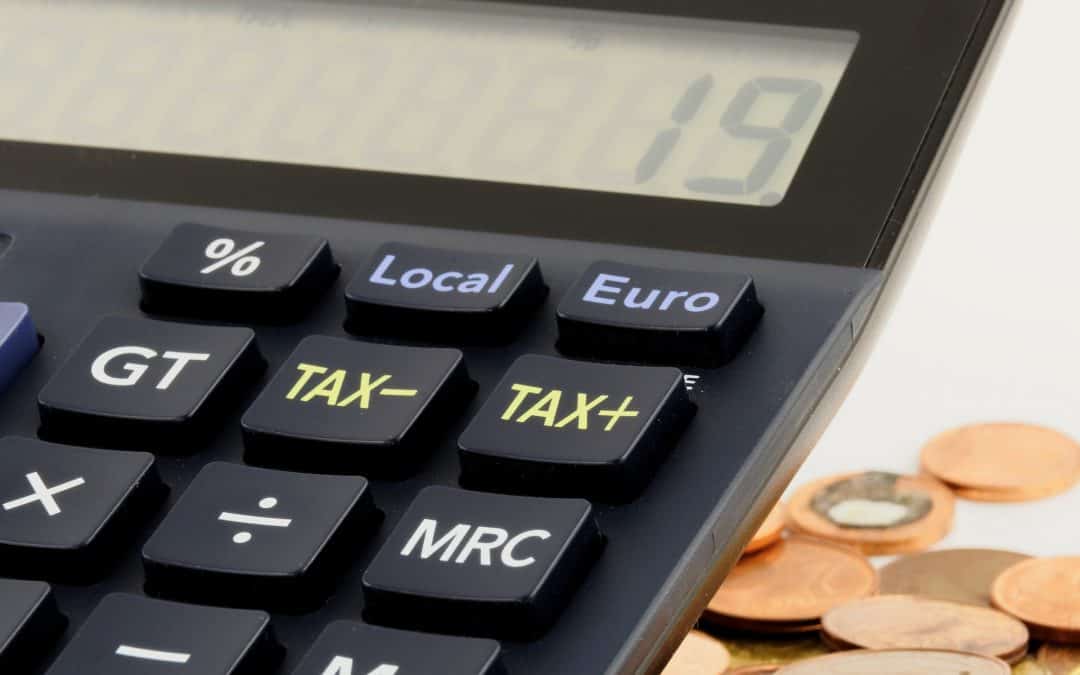An amendment to tax law provisions as entering into effect from 1 January 2020 will make it possible also in Hungary to recover VAT paid on bad debts. We have collected the conditions of the recovering, so your company shall be able to get prepared.
Regarding bad debts, the European Court of Justice has recently released a case (Case No.C-246/6A at the end of 2017). Thankfully to such case, the Hungarian government was practically forced to amend the relevant tax law provisions and despite to what used to be the case, make it legally possible to recover the VAT of bad debts. The new provisions may affect very many Hungarian entrepreneurships which dispose over a few outstanding claims which will never be recovered.
It is important that the entrepreneurships shall be prepared to manage duly their outstanding and presumably unrecoverable claims and apply the changes to the reporting of such claims in accordance with the new legal provisions so that they will be truly able to exercise their rights. Especially that such new conditions to be fulfilled prove to be very strict.
First of all, it is important to know that apart from what is known in bookkeeping, regarding bad debt recovery, a claim will be deemed as unrecoverable only upon a narrower basis, such as:
- There is an enforcement procedure in place against the debtor and it is established that there is no (or not enough) coverage for the outstanding claim (in practice this will be certified by the bailiff in writing), OR
- There is an insolvency (liquidation or bankruptcy) procedure in place against the debtor AND
- It is established that there is no (or not enough) coverage for the outstanding claim, provided that at least two years have passed since the starting day of the given procedure, (in practice this will be certified by the liquidator in writing); OR
- The creditor has written-off the claim during the procedure (only in the frames of a composition agreement of course); OR
- The debt was not covered by the assets taken over as the result of the insolvency procedure (as based on the proposal regarding the distribution of assets).
The base of the VAT may be cut off by the net value of the bad debt and will thus be the earlier paid VAT be recovered, if each single condition in the below is met:
- The entrepreneurship and the buyer (the customer of the service) are unrelated, i.e. none of them is the owner of the other;
- The entrepreneurship is obliged to inform the buyer in writing in advance regarding the fact that the claim will be claimed as bad debt;
- Neither the entrepreneurship nor the buyer may be subject to insolvency (liquidation or bankruptcy) procedure;
- The buyer was not listed publicly as a taxpayer with huge tax debts at the time of the sale or service was made, and it had a valid tax number, and the entrepreneurship was not informed by the tax authority that the buyer is a tax avoiding company, thus if the entrepreneurship did not check these at the time of the sale or service was made, it will not be eligible for tax recovery;
- The claim has been outstanding for more than a year.
Based on all of the above it seems like a method is to best be introduced in the practice of an entrepreneurship with regard to the checking of business partners, thus preceding to confirmation of a business deal. Within such method it would be useful to check the publicly available company data and further to that to check any publicly available lists on the website of the Hungarian Tax Authority such as the list of tax payers with huge tax debts (currently available at: https://nav.gov.hu/nav/adatbazisok/adoslista/hiany_hatralek/jelentos_adohianyosok.html), to check whether the tax number of the partner is valid, and the information sheets of the Hungarian Tax Authority regarding tax avoiding companies.
The recovery of already paid VAT is possible only within six months preceding the expiry of the limitation period of the right to taxing of the state.
